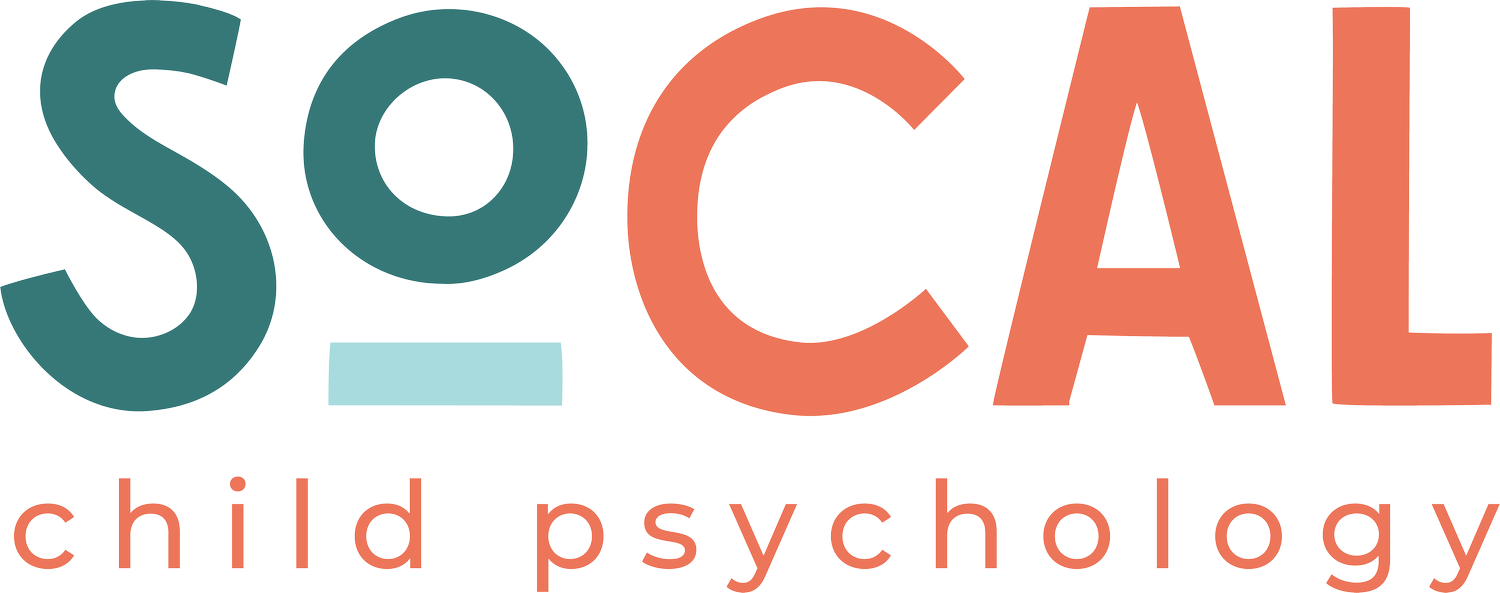How to Talk to Your Child About ADHD Testing
In 2022, about 1 in 9 children in the United States were diagnosed with ADHD.
It’s fair to say that there were (and are) many more kids with ADHD symptoms who continue to go undiagnosed.
An official ADHD diagnosis is important as it gives you and your child answers you might have been looking for for a long time.
It’s also the first step on a journey toward treatment and managing symptoms.
While ADHD isn’t a curable disorder, it’s often manageable with the right help.
There isn’t some kind of blood test or scan that can check for ADHD. Rather, it’s diagnosed by a professional after a comprehensive evaluation.
That might seem a bit overwhelming or even scary for a child.
So, how can you talk to them about ADHD testing and what to expect?
Go Over the Process
The best thing you can do if your child is about to undergo ADHD testing is to explain the process.
Talk with the doctor or mental health professional, yourself, so you understand the details of what kinds of tests will be involved.
You can certainly let the professional talk to your child, too. That can make them more comfortable as it establishes a relationship and builds trust.
But, it’s also a good idea to lean into your own relationship with your child and explain things in words you know they will understand while giving them the comfort they need.
Reassure your child that this isn’t a “test” they need to stress over.
There are no right or wrong answers as long as they do their best and answer everything honestly.
Explain the Goals
It’s important to let your child know that if they are diagnosed with ADHD, it doesn’t mean there is anything wrong with them.
ADHD isn’t some kind of major flaw or something to be ashamed of.
Millions of people have it, including highly intelligent and successful people.
Explain to your child that the goal of testing is to find out how they learn best so you can work as a team to help them succeed.
Chances are, if you’re considering testing, you and your child have noticed struggles for a while.
One of the common symptoms of ADHD is frustration.
So, assure your child that the goal of the test is to help with that frustration by finding out what you all can do to make daily life easier.
Answer Questions
Undoubtedly, your child will have questions and concerns.
Let them know that every question, thought, and worry is valid. They’re allowed to feel their own emotions without judgment.
It’s a good idea to do your research ahead of time so you can feel comfortable asking questions.
But, you can also work as a team with your child’s doctor or a mental health professional and set aside time to answer questions together.
Speaking of working as a team, it’s essential that your child recognizes they aren’t alone throughout the testing process and beyond.
If they are diagnosed with ADHD, they need to know that there will be resources available for them.
They won’t have to handle the symptoms on their own or learn how to manage them without help and guidance.
Easing Your Mind
If you’re still on the fence about ADHD testing and what to expect, feel free to contact me.
It can be just as overwhelming for parents, too, and I understand that you might have questions or concerns.
I’m here to reassure you that we’re a team throughout the process.
Reach out for information today, and let’s talk about setting up a testing time for your child so they can better understand this disorder and how to tackle it.


